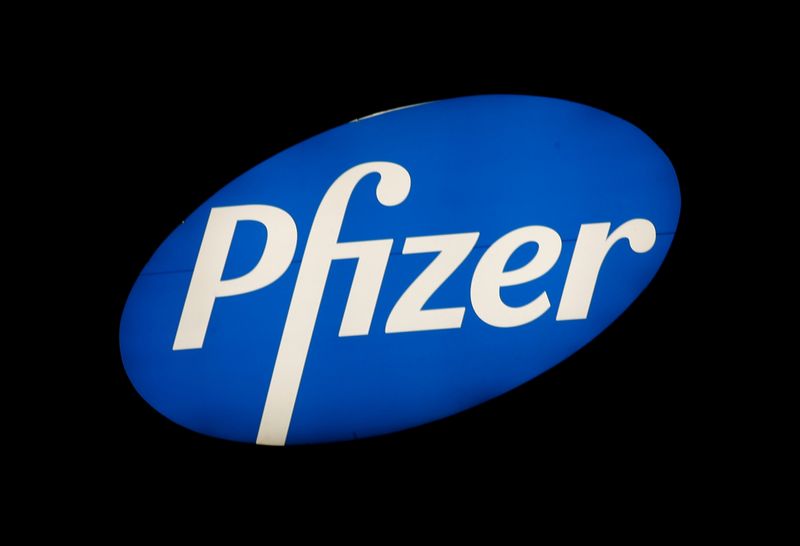(Reuters) – Several large drugmakers including Merck & Co Inc <MRK.N> and Pfizer Inc <PFE.N> on Thursday unveiled a $1 billion fund to bolster struggling antibiotic companies and sustain a pipeline for new treatments.
Antibiotic makers have struggled with anemic investment and bankruptcies, even after the approval of new drugs, as fears of drug-resistant microbes force hospitals to adopt a more conservative approach toward such treatments.
Public health authorities have raised alarms about a looming health crisis, saying deaths from antibiotic-resistant bacteria could dwarf that from the COVID-19 pandemic.
The fund, led by the International Federation of Pharmaceutical Manufacturers & Associations, seeks to serve as a temporary solution until new legislation can offer a more permanent fix in the market.
It aims to help shore up investment in smaller biotech companies after several large drugmakers, such as Sanofi SA <SASY.PA> bowed out of the antibiotics space.
“The fund is being developed to buy time for the future,” said Eli Lilly and Co <LLY.N> CEO David Ricks. “We are probably buying 4-5 years of time with this initiative.”
Other companies participating in the fund include Johnson & Johnson <JNJ.N>, Novartis <NOVN.S> and GlaxoSmithKline <GSK.L>.
The initiative “gives these biotechs access to the kinds of capabilities that large pharmaceutical companies have, such as manufacturing and regulatory,” said Silas Holland, head of external affairs for the fund and director of global public policy at Merck.
An independent scientific panel will review and recommend funding for companies developing promising novel antibiotics, Holland said. The group’s goal is to bring two to four new antibiotics to patients within a decade.
(Reporting by Manas Mishra in Bengaluru and Robin Respaut in San Francisco; Editing by Anil D’Silva and Ramakrishnan M.)
























